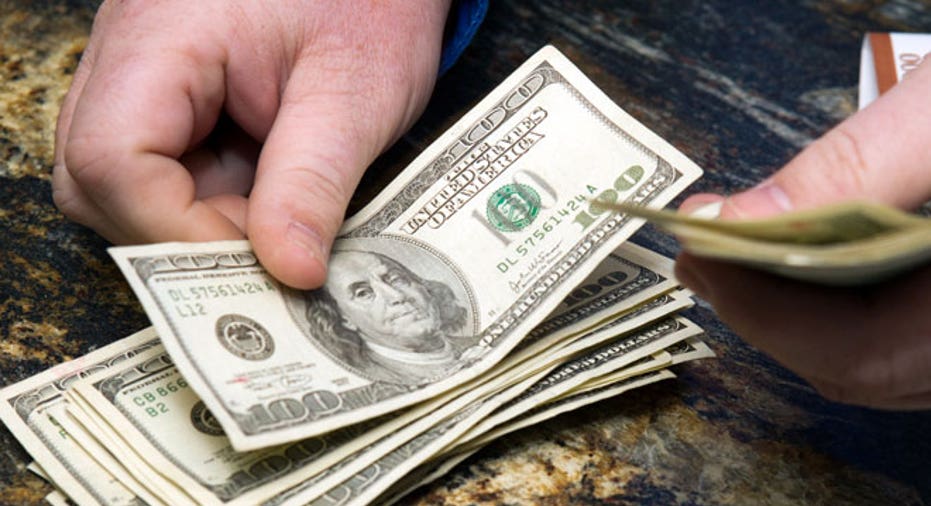Does Money I Found Count As Income

What if y'all plant a treasure trove of cash buried in your basement? Is that taxable income?
Federal revenue enhancement law, specifically IRS code department 61, states, "Gross income ways all income from any source derived." That's a pretty wide umbrella.
This dominion is intentionally all-inclusive to allow Congress to apply its taxing power in whatever way it sees fit nether the 16th Amendment.
There are some exceptions to this rule that are scattered throughout the tax code and outlined in IRC Code section 101. For example, life insurance proceeds, sure employee fringe benefits, inherited greenbacks and property (but not inherited retirement accounts), are amidst transactions that are free from tax.
Gross income too includes worldwide income, which is also taxable. As a side note, if you pay taxes in a foreign country, y'all will likely receive the strange taxation credit on your U.Southward. income tax render.
So the treasure trove (or any unexpected cash flows) are taxable income and must be reported on your income tax return in the year in which it was constitute. There's really no escaping information technology, the tax has been tested through the courts.
The case of Cesarini v. The states tells the full story.
Back in 1957, a couple purchased a used piano at auction. Seven years later, while cleaning information technology, they plant the tidy sum of $iv,467 stashed inside. So, similar good citizens, they declared the income on their 1964 individual income taxation return. But a year later, they inverse their minds, deciding that this couldn't possibly be taxable income. So they filed an amended return requesting a refund of $836.51. The IRS turned them down.
And then they sued.
They asserted that according to IRS lawmaking Section 61, the money was non includable in gross income, and that fifty-fifty if it were, the statute of limitations had run out every bit the piano was purchased in 1957. Their final claim was that if the courtroom determined the find was taxable, it should receive uppercase gains handling. Later all, greenbacks is a capital nugget.
The courtroom found otherwise on all three counts. At that place is no code section that excludes institute currency from gross income. And so the court reverted to the wide based declaration at the outset of code section 61: "Gross income ways all income from whatever source derived."
The couple's attorney then stated that they interpret the treasure trove to be a gift and should be excluded from taxable income. He based this merits on IRC Code section 102, which states that gifts are not considered taxable income. The court didn't buy it. The piano apparently could not be counted as a giver.
Another side annotation: There is a gift tax only that'south on the giver, not the recipient. As the recipient of a souvenir, you are non required to declare information technology on your income tax render.
The court proclaimed that the statute of limitations would begin running from the engagement of discovery not from the date of the buy of the piano. The court argued that if the couple had sold the pianoforte prior to the discovery of the currency, they would never have taken possession of the money. The court shot down that argument by determining that the statute runs from the date of possession.
The final argument promulgated was that the currency should exist taxed at the more than beneficial majuscule gains rate rather than the ordinary income tax rates. The courtroom again disagreed. Capital gains apply but to capital assets (and the courtroom agreed that the piano and the coin were uppercase avails) that are sold or exchanged. No such transaction took place. Therefore, the found coin was taxable at the higher ordinary income taxation charge per unit.
The lesson to be learned hither is that almost every dime that comes into your possession is likely to be taxable income. Only there are exceptions to the rule. If you stumble into an extraordinary transaction, do your enquiry or check with a tax professional to find out almost the potential tax consequences.
Source: https://www.foxbusiness.com/features/found-money-is-awesome-but-you-must-pay-uncle-sam
Posted by: eversonpurpectiod.blogspot.com

0 Response to "Does Money I Found Count As Income"
Post a Comment